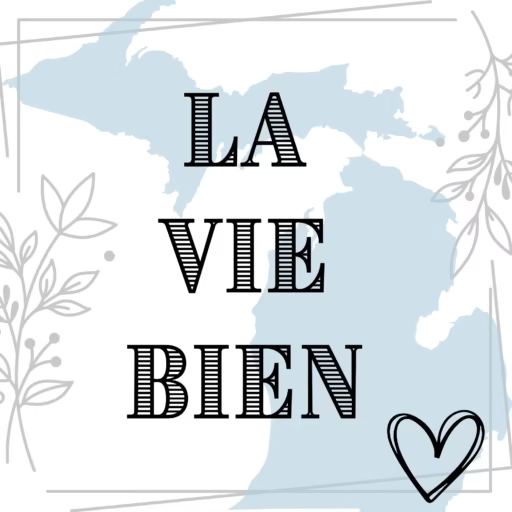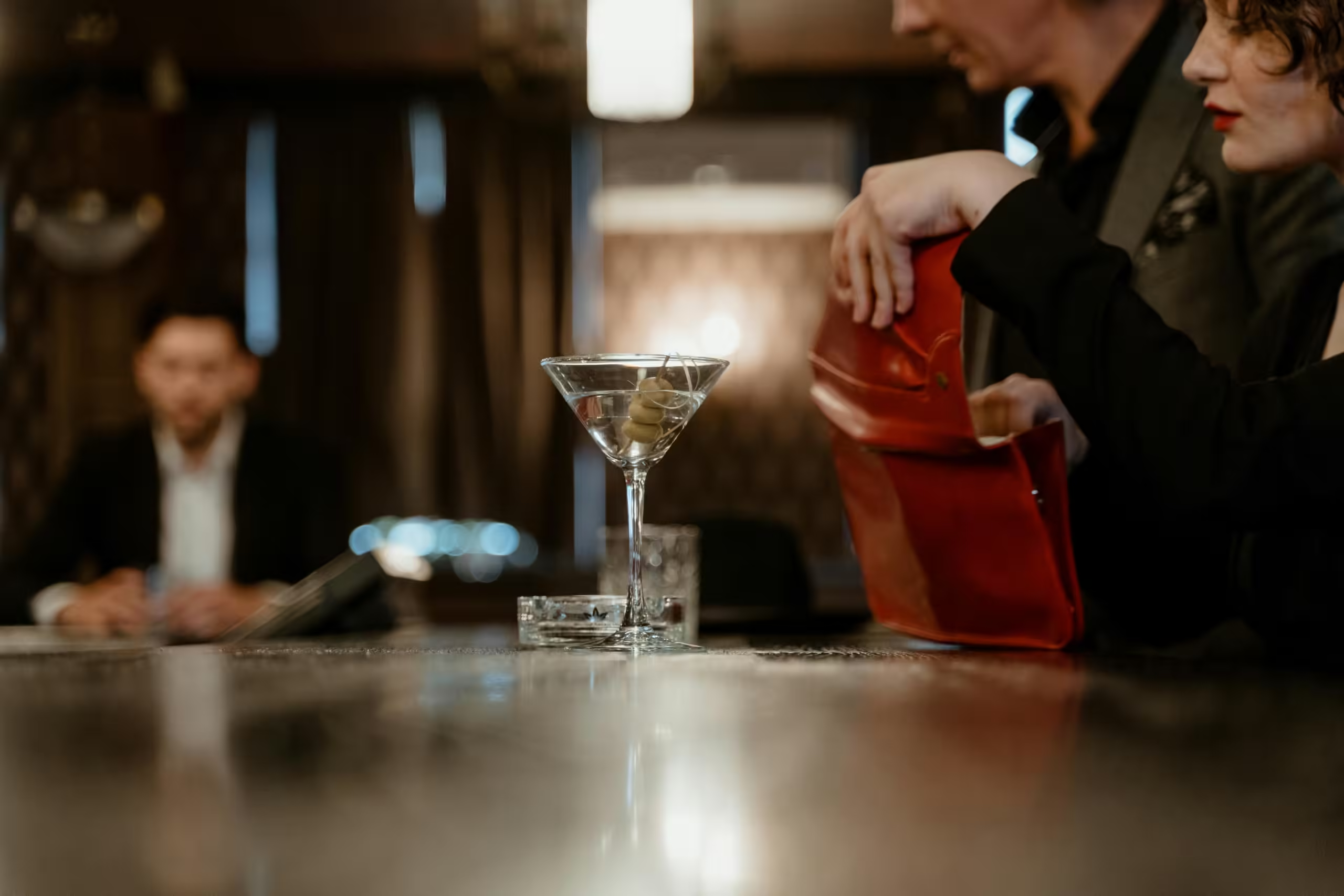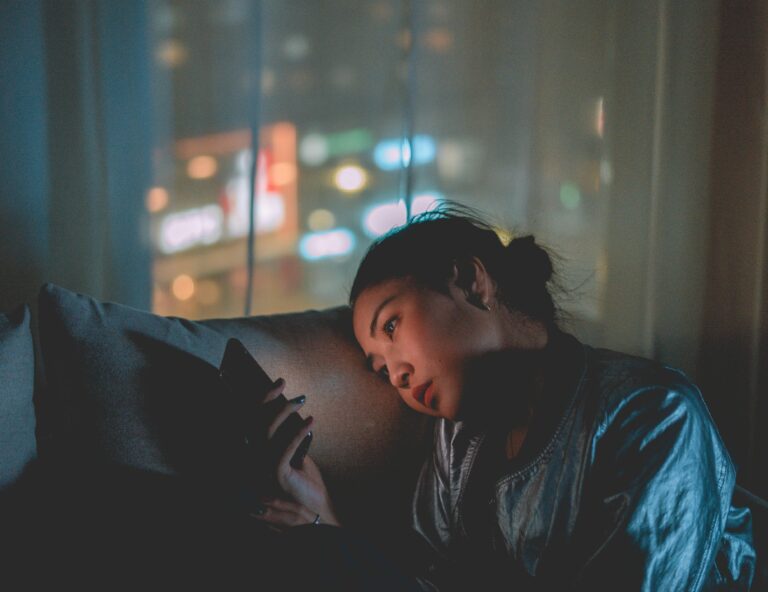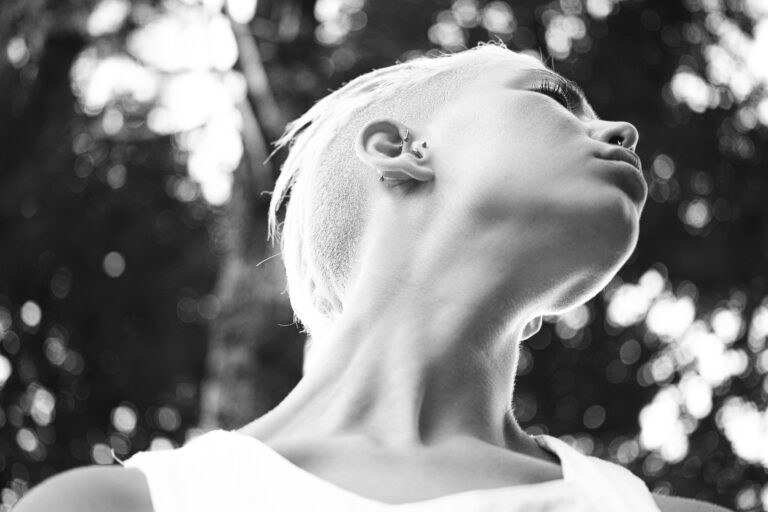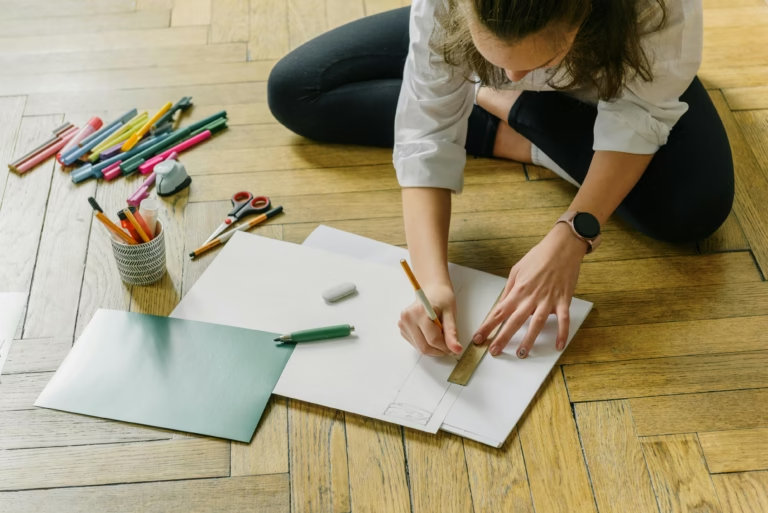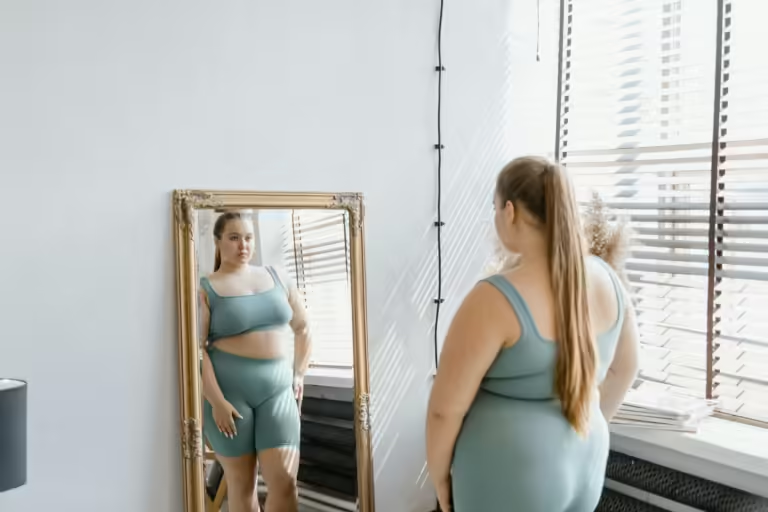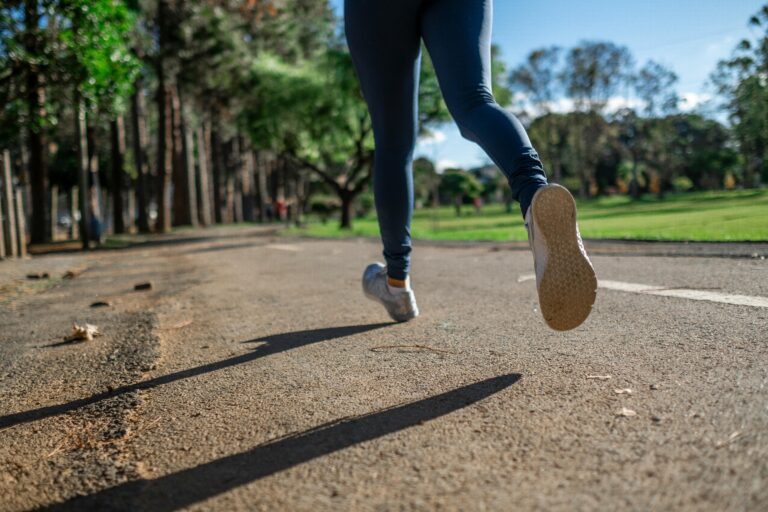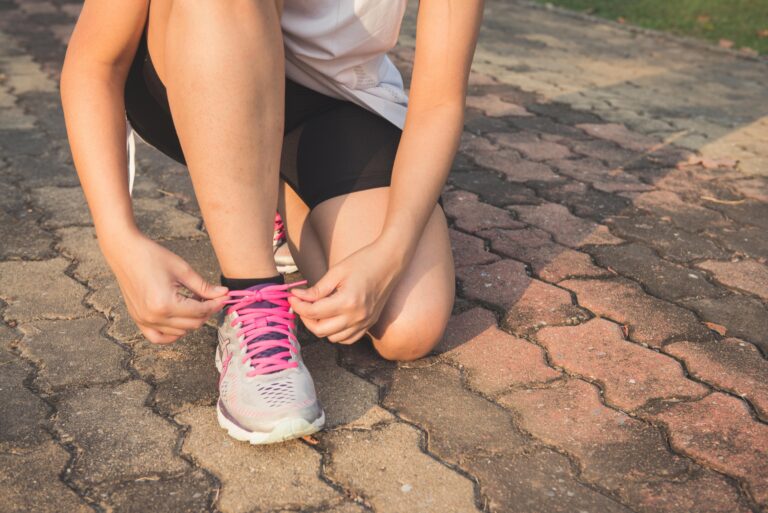My relationship with alcohol
Early days
Since I became an adult of legal drinking age, I, like many others, started to drink. In college, I was constantly surrounded by friends wanting to go to the bar, so there was always pressure to go with them (if anything, just to be social). But once you’re at the bar, it’s just not as fun to get water when everyone else has a beer, right? There was always alcohol at home. It was constantly within reach, and it felt very normal to drink regularly, because almost everyone else was doing it.
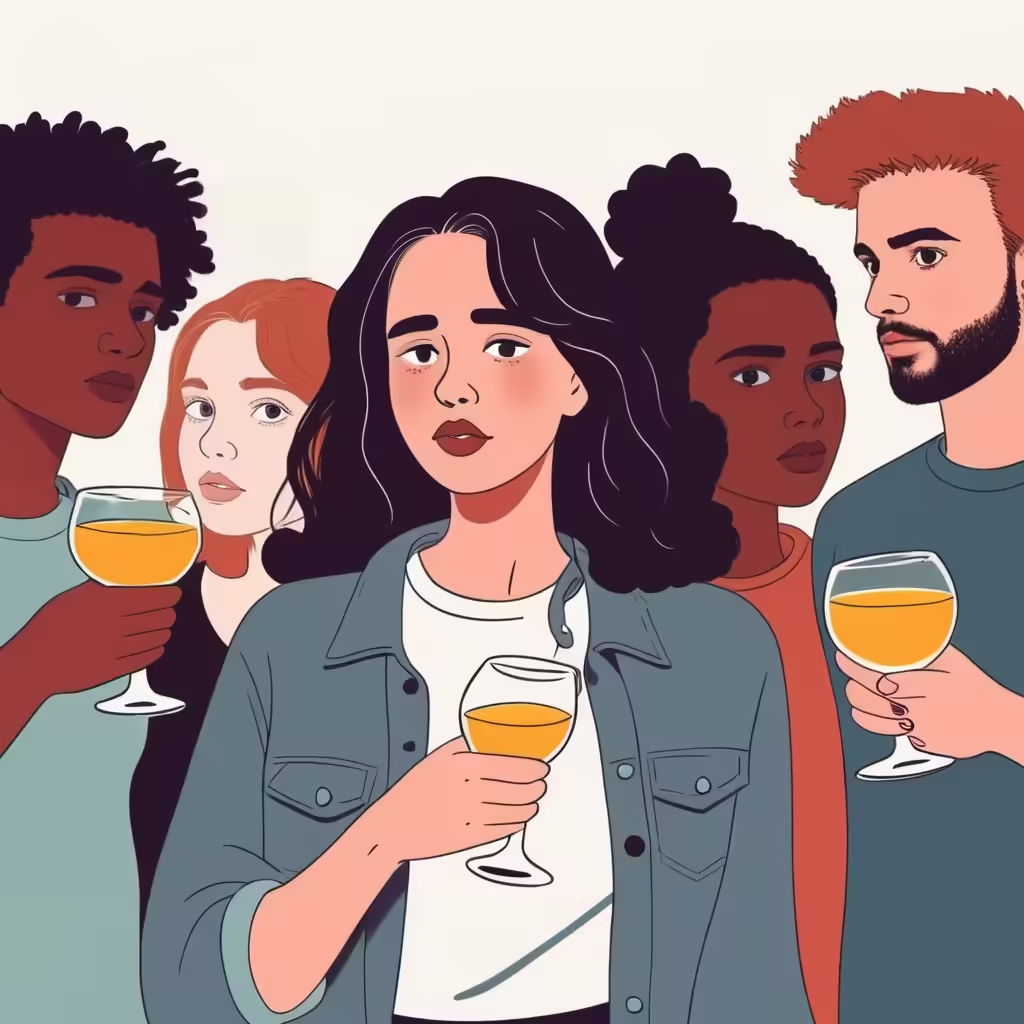
Growing up, there wasn’t much alcohol drinking at home, so I wasn’t really surrounded by it there, but becoming an adult, it’s all up to us as far as what we drink, and how often. In college, I acquired a taste for beer and would keep some handy in the fridge for social events or even just to have after a long day of studying. I was treating myself with no real thought as to how often I drank or how it made me feel. When I went to France the first time, wine was only 2 or 3 Euros for a decent bottle, and it was great quality (compared to what you might get in the States for the US dollar equivalent). So, I thought to take advantage of that while I had the chance! I didn’t drink heavily in France, but I did enjoy wine on the weekends. When in another country, even if I’m studying, it still feels like a vacation. And when you’re on vacation, you should treat yourself, right?
It wasn’t until the COVID pandemic that I started to look closely at my own habits and feel like something needed to change.
Using alcohol as a crutch became a habit.
Once I started popping open a can of beer at the end of a busy day of classes, this became a habit. This became a regular thing years later and into the pandemic, when I was looking for a way to wind down and de-stress. Living with anxiety, I told myself that it was completely acceptable to use beer as a way to relax. Little did I know that regular consumption of alcohol actually raises cortisol levels in your body and makes it increasingly more difficult for your body to self-regulate cortisol levels, resulting in increased feelings of stress, anxiety, and sleep disturbances. My understanding of alcohol, at the time, was that as long as you limited how much you drank each day, you would be fine. Well, it was totaling up quickly to about 6-7 drinks per week, which is right up against the “excessive” number of drinks for a female (8 or more drinks per week greatly increases risk of alcohol-related diseases).
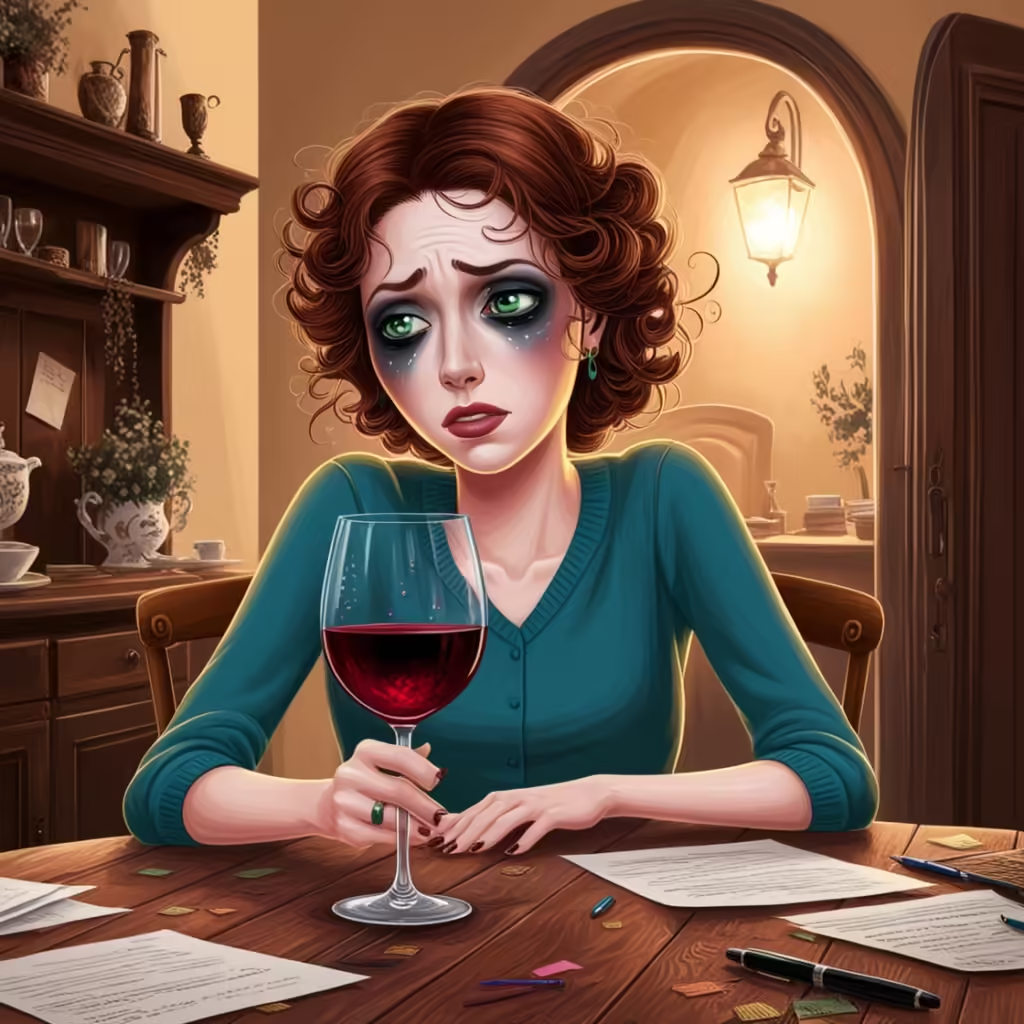
Making excuses
There are things I could hear myself saying to justify why I would have a drink after the work day on a Tuesday, and these were weak excuses to imbibe. “I don’t ever drink to the point of being drunk.” “I make sure I am sober enough to drive so I can get somewhere if I need to.” “I drink it for the taste, not to get drunk.” Regardless of what I was telling myself, I couldn’t see that this habit was disrupting my sleep, giving me heart palpitations, and draining my bank account faster than normal. After the pandemic started to wind down, I started to feel a sense of discomfort with this habit I’d started. My workouts weren’t as productive, I didn’t have the same level of energy, and I felt sluggish when I drank. I decided then to only drink on the weekends, and felt relatively proud of myself for drawing that boundary.
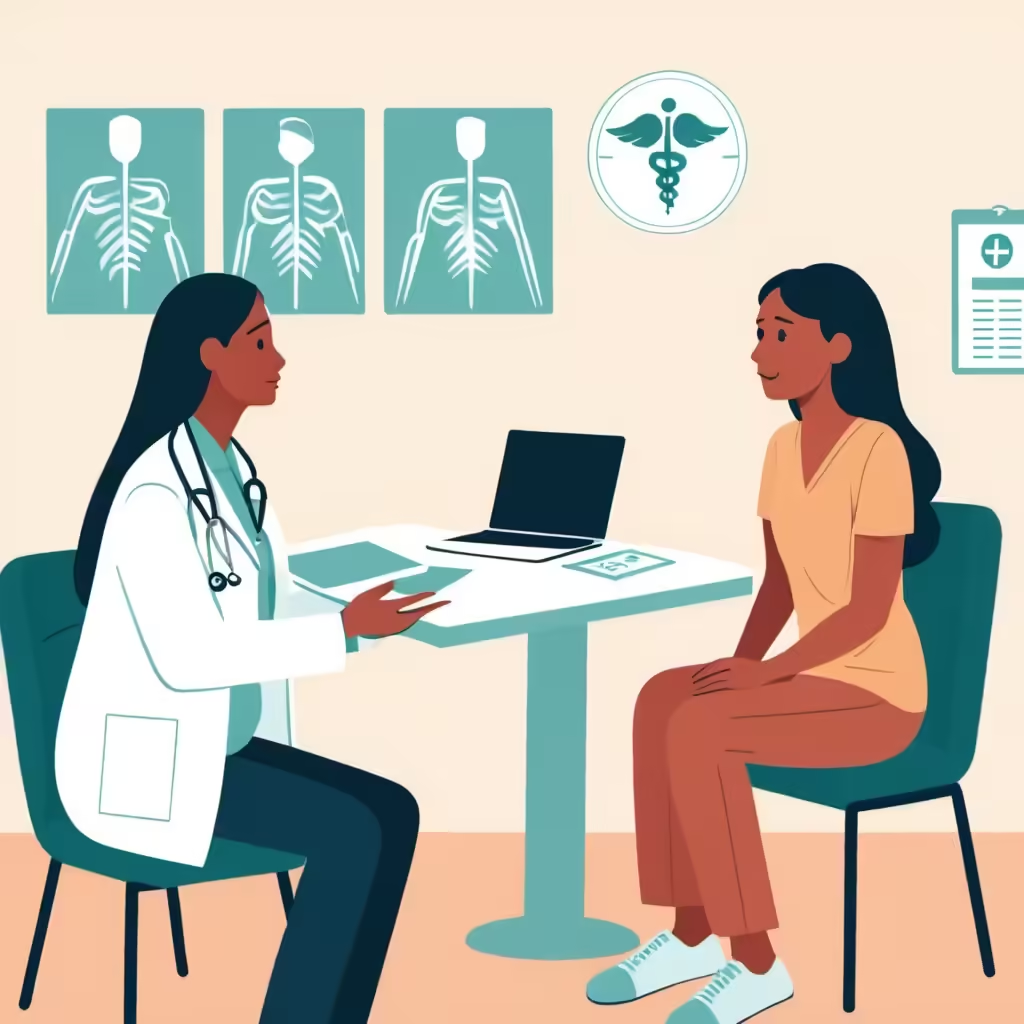
After a checkup with my then-doctor, she had asked (possibly as part of a routine health questionnaire) how many drinks I had each week. At that point, I was well into my “weekends only” drinking plan, but I was having a few drinks each evening, which ended up bringing me right back up to around 6 drinks a week. Even though I wasn’t drinking every day, I was still drinking almost as much per week as I was previously. She suggested that I try to cut that number in half by only drinking socially – when out for happy hour with coworkers, or when celebrating something, etc. So, I agreed to try to limit myself again to maximum 3 drinks each week.
Enforcing my new habit
In an effort to try to help solidify my new plan to limit my drinking even more, I began to research and ask friends about resources they could recommend for those who want to either quit or limit their drinking. A friend recommended the book Between Breaths written by Elizabeth Vargas, Co-Anchor of the ABC TV show 20/20. The book was an eye-opening view into Elizabeth’s struggle with alcoholism and how it affected her personal and professional life. She attempted recovery through Rehabilitation retreats multiple times, and still, the power that alcohol had over her was too strong – she fell back into drinking despite it causing her life to fall apart. Elizabeth had started to drink due to crippling anxiety from childhood trauma, and turned to alcohol to soothe the nerves before going live on TV. After many unsuccessful attempts to try to quit alcohol, Elizabeth turned to Transcendental Meditation and prayer to help prevent her anxiety from escalating into panic, as it so often did in her past. These new habits, a long with the support she received from attending AA meetings, were powerful enough to help her say no to drinking and “yes to life”.
After sharing with my closest friends my desire to drink less, they were fully supportive and encouraging. Two of my closest friends are non-drinkers, and they shared stories with me about how they would be pressured to drink in social situations and would have a pop in their hand to prevent others from offering them a beverage. They also talked about going to restaurants that serve mocktails in addition to alcoholic drinks as mocktails are becoming much more popular nowadays, with the surge in interest of going sober for good among Millennials and Gen-Z adults. Although I have not fully given up alcohol, I did try sobriety for over a month to see how I could (or couldn’t) handle it.

The difficulty of sobriety and social anxiety
During my month of sobriety, my mind was heavily focused on drinking because I “couldn’t” do it. It was like telling someone not to think of an elephant (you thought of one just now, didn’t you?). This made instances of pressure to drink much harder for me, because it was a self-imposed rule to not drink, and one could argue that I didn’t really have a serious problem with alcohol. I could limit myself when I wanted to, and I never had an issue related to drinking too much. Why, then, was it so incredibly difficult for me the night I found myself at a rehearsal for a show where alcohol was brought in and I chose not to drink? I wasn’t the only one who avoided drinking, there were a few others who didn’t – but I so vividly recall the amount of anxiety and stress spiking to such an uncomfortable amount that evening, as everyone around me seemed to be having the time of their lives – loudly joking around, laughing, and overall having what seemed to be an amazing time without me. In that moment, I hated the fact that I chose to be sober. I just wanted to relate to this cast better, but I couldn’t, and being able to drink then would have helped me to relax more and to feel more at ease around them. I remember being in tears when I got home, telling Alex how much I struggled, and not understanding why it was so incredibly hard for me.
That month of sobriety did show me that I could live without alcohol, but it would take a lot more dedication on my end to get through the tough times and to not fall back into drinking during those challenging social events. I thought about how hard it was for someone like Elizabeth Vargas and felt that, although our relationship with alcohol was not at all on the same level, it would be just as challenging for me to cut it out of my life completely.
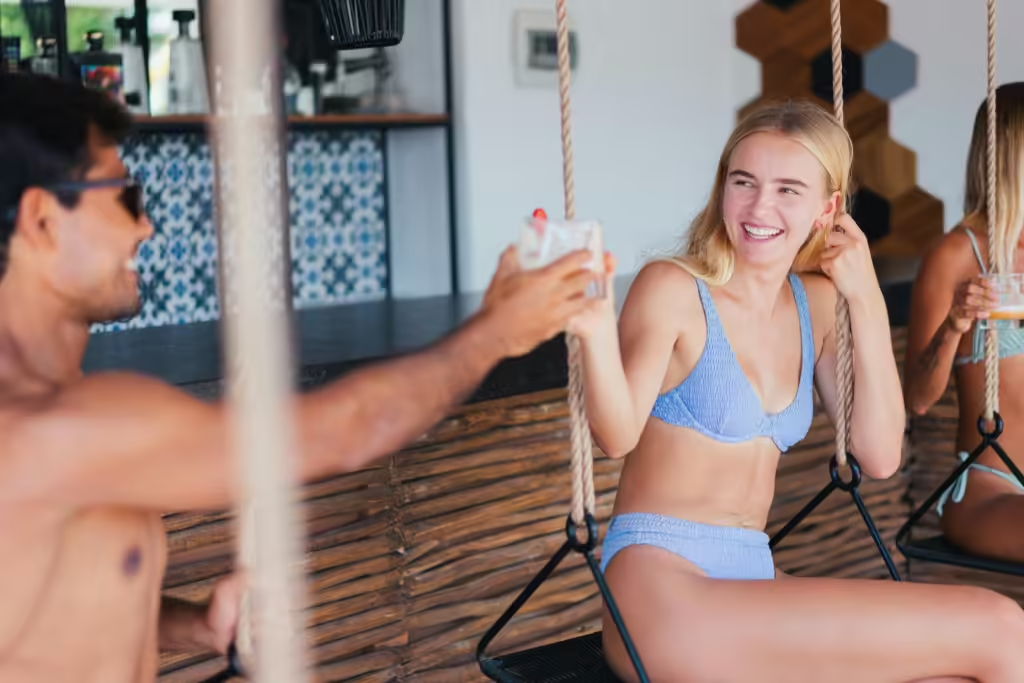
Listening to my body
Today, I can say my relationship with alcohol has changed for the better. When I am stressed, I don’t default to grabbing a beer or sake from the fridge – I drink tea and meditate when I have time. I talk to Alex when I can to get another perspective of something that’s causing spikes in my anxiety. Most of all, I have become more in tune with my body, and have learned to give it what it asks for – which usually comes in the form of drinking more water, getting more sleep when I’m exhausted, and going outside when I’m feeling cabin fever. I have not cut alcohol out cold turkey, but limiting it now to drinking socially has helped me maintain fewer drinks each week without making me feel like I’m missing out. I do feel that I may try sobriety again soon, and would like to go for more than a month next time.
